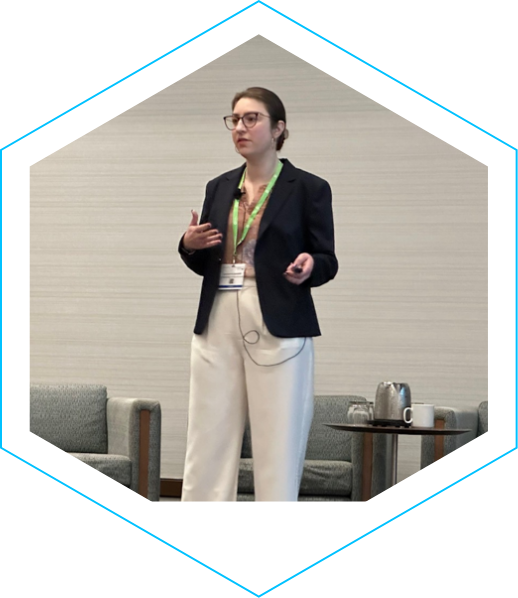
Biocatalysis: Solving Scale-Up Issues with Biocatalysed Reactions
Event overview
This is online short course will look at biocatalysed/biotransformation reactions to make pharma/agrochem chem intermediates, API’s and fine chemicals. the focus is on scale-up issues and getting productive process established.
June 17th, 1.30 – 4.30 pm (UK) | Session 1
June 18th, 1.30 – 4.30 pm (UK) | Session 2
Many forays by organic chemists into using biocatalysis in chemical synthesis stall at the initial scale-up stage. Screening and small scale (gram) reactions progress as planned, but when scaled -up, reactions stall, take more enzyme than expected, work-ups end up with emulsion issues etc. This course will look at some of the techniques and technologies ( tricks of the trade) that can help derisk scaling up biocatalysed reactions .A further barrier to the adoption of more biocatalytic reactions are production / EHS scientists who are unsure how to handle enzymes in the plant/pilot plant. the course will also look at good sources of information/data to facilitate the use of enzymes at scale.
- Enzyme supply chain: Storage, stability etc
- Techno-economic analysis – will the transformation ever hit the required targets?
- Different types of strains used and its safety impactions.
- Using GMO’s and GMO derived materials
- Handling concerns related to enzyme -SHE/EHS issues., Safety issues in scaling up biocatalytic reactions
- Pros and cons of different enzyme formulations
- Enzyme stability: General to pH, co-solvent, temperature as linked to process design and development
- Enzyme analysis / characterisation – needed to assess purity in order to calculate activity and so expected long term cost, spec setting / quality control (ensure plant samples match lab samples and measure variation over time).
- Scale-up – reactor options – various reactor types, std batch, continuous, membrane separated, continuous liquid extraction, etc
- Product isolation from complex mix . Enzyme removal/ downstream processing– to be intelligent in terms of what can and can’t be removed vs effects on process including downstream chemistry.
- Use of immobilised enzymes/ Recycling of immobilised enzymes
- Some IP considerations
Who should attend?
Scientists working in medicinal/process chemistry and are interested in moving from mg/screening scale to 100’ s grams-multi kg scale
Please note: this course assumes some prior existing knowledge of biocatalysis / biotransformations as applied to synthetic organic chemistry, either in theory or some prior practical use at screening/ small scale laboratory experimentation, an appreciation of different enzyme classes etc.
What's included
The course fee includes:
- Link to watch all two live sessions
- Electronic version of the course manual*
- Course certificate
For this on line course, there will be no recordings available and *the e reader manual is NOT printable or downloadable (due to copyright). If you prefer a hard copy of the manual you will have the opportunity of purchasing a professionally printed hard copy during the booking process.
Other Information
General Information
This course includes:
- Live interactive training over 2 sessions
- Electronic course material
- Course Certificate
Course Certificate
At the end of each course participants receive a Certificate of Attendance – signed by your tutor. This will be e-mailed to you if you sign up and attend the course.
Registration
Prefer a booking form?
Download our booking form and return it to us by email.
Download Booking FormBiocatalysis: Solving Scale-Up Issues with Biocatalysed Reactions
Fee info
E-reader: Included
Printed Copy: £90.00 + P&P
It was good. Never visited a Scientific Update conference, but will get it on my priority list. Very good – like the set-up, flow and topics. Very interested in process development.
Organic Process Research & Development Conference Delegate 2023
Thank you for the excellent conference. I enjoyed the scientific content and the networking opportunities. I will definitely recommend this conference to my colleagues.
The Formulation and Drug Delivery Congress Delegate
Become a speaker at one of our events
Share your expertise with a global audience of industry professionals. Scientific Update is continually seeking thought leaders and industry innovators to speak at our renowned conferences and training courses.








